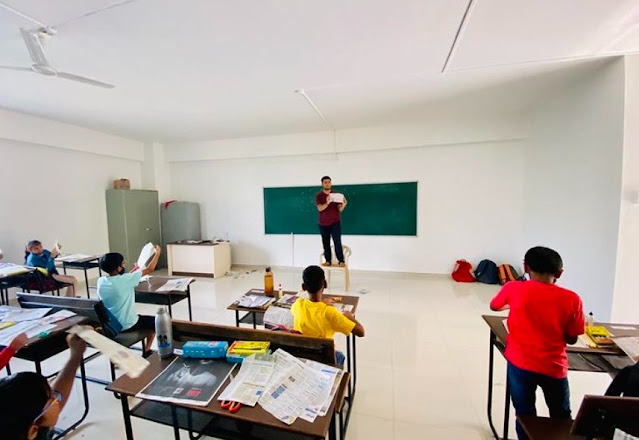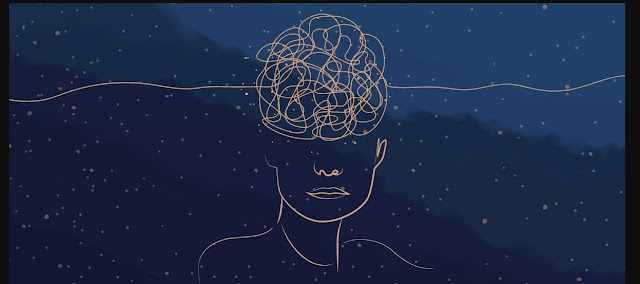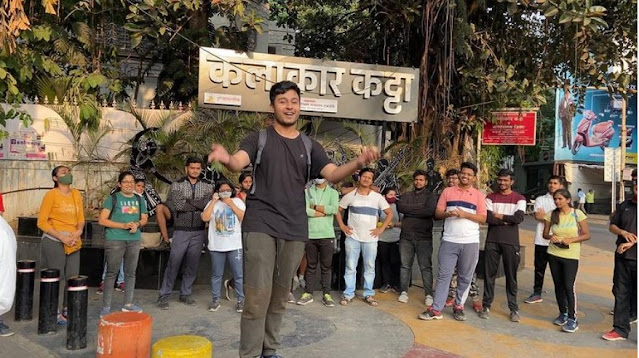9 Steps taken by Government of India to Support Mental Health
Millions of people in India suffer from mental health issues, but the country has taken some major steps to support mental health in the past few years. Let's take a look at some of the ways the Indian government is addressing mental health issues through its National Mental Health Program.
The government has created a national mental health policy to guide its work in this area.
Overview of the National Mental Health Program
The National Mental Health Program is a program launched by the Government of India to address the mental health issues of the country. The program has nine important components, which are as follows:
Establishing Centers for Mental Health Care
To provide accessible and affordable mental health care to those who need it, the Government of India has established mental health care centers throughout the country. These centers offer:
Counseling and therapy
The hope is that by making mental health care available to more people, the stigma associated with mental illness will begin to disappear.
Introduction of the District Mental Health Program
The District Mental Health Program (DMHP) is one of the many initiatives launched by the Government of India to support mental health. This program is designed to provide mental health services to people living in rural areas. It was launched in July 2017, and it currently operates in 100 districts across India.
The DMHP provides a range of services, including community-based mental health care, early intervention, and rehabilitation. It also aims to reduce the stigma and discrimination against people with mental health conditions.
Providing Mental Health Services to Vulnerable Groups
The fourth step that the Government of India has taken to support mental health is providing mental health services to vulnerable groups. This includes providing access to mental health services in remote and rural areas. The government has also established counseling services for vulnerable populations such as slum dwellers, tribal communities, children living in foster homes, and street children.
These groups often don't have access to quality mental health care, and the government's efforts are aimed at providing them with the help they need. The government has also launched a program called “Arogya Bharat” which provides free medical consultations and treatment to economically disadvantaged people in rural India. The program also provides psychological support through a network of counselors and psychologists.
In addition, the government is working with NGOs to provide counseling services in schools and colleges across the country. This is aimed at helping young people understand their mental health challenges and develop better coping skills for dealing with stress and anxiety.
Bellary Model: An Innovative Approach
The fifth initiative taken by the Government of India to support mental health is the ‘Bellary Model’. This model was developed to provide timely and accessible mental health services to rural areas in Bellary district, Karnataka. The model provides services such as primary care, psychiatric care, counseling and support group meetings.
It also has a 24-hour helpline that offers free counseling services via telephone or video chat. This model provides low-cost healthcare solutions for those living in rural areas who may not have access to traditional counseling services. Additionally, it facilitates early detection and treatment, so that people can be supported before their symptoms become too severe.
It is important to note that one of the main objectives of this model is to create awareness and reduce fear and stigma around mental health issues in rural areas. This model also encourages community-based interventions and it has been successful in reducing the burden of mental health problems in some rural pockets of India.
Raising Awareness About Mental Health Issues
Raising awareness about mental health issues is a crucial step in tackling this issue and eliminating the stigma around it. You can help by talking openly about mental health, challenging the stigma, and educating yourself.
Thankfully, the Government of India has taken numerous steps to raise awareness of mental health and reduce the stigma surrounding it. For instance, they have launched the National Mental Health Program to promote better understanding of mental disorders and equip healthcare professionals with the necessary skills to diagnose, treat and manage these conditions.
The government has also launched campaigns such as Mental Health Matters — “Awareness Is Key” to create awareness about mental health issues in India. Through this campaign, they are striving to educate people on how to recognize signs of mental distress in themselves or others and provide adequate support.
Allocation of Funds for Establishing Centers
The Government of India is fully aware that to address the mental health issues, financial support is essential. It has allocated funds to established centers for the treatment and management of mental illnesses. These centers are located in the districts where people can easily access them. The funds are used to hire professionals such as psychiatrists, psychologists, and social workers who can provide services such as counseling, individual and family therapy, educational programs, and medical facilities. They also provide medication and other necessary resources to its patients. The goal is to make mental health services easily accessible to all people in India no matter their economic status or location.
The government has also invested in training doctors and other healthcare professionals in the latest psychological procedures so that they can effectively diagnose a person’s mental illness and provide appropriate treatments accordingly. Further, it seeks to increase the number of mental health professionals throughout the country so that no state remains deprived of adequate mental health care.
Training Programs for Mental Health Professionals
The National Mental Health Program has also taken steps to ensure that mental health professionals are prepared for their work. To this end, training courses have been initiated for both existing and aspiring mental health practitioners.
The government has launched a series of sweeping initiatives designed to equip mental health professionals with the relevant knowledge and resources they need to care for patients with mental health issues. It has also set up various programs that enable mentorship opportunities between established professionals and those just entering the field.
By providing comprehensive training programs, the National Mental Health Program provides practitioners with a better understanding of best practices and mental health topics. This helps them to accurately diagnose and treat patients suffering from depression, anxiety, or any other mental illnesses in India.
Importance of Social Support Systems
The NMP also recognizes the importance of social support systems in addressing mental health issues, and has taken numerous steps to ensure that people get the help that they need. The program has introduced a number of initiatives designed to promote mental wellbeing and create awareness about mental health issues, such as seminars and campaigns to spread awareness about common mental health issues, and provide access to counseling, psychotherapy, and other forms of psychological treatment.
Additionally, the NMP is also actively working to expand the reach of mental health services through public-private partnerships with non-governmental organizations (NGOs) and community-based organizations (CBOs). These partnerships are key in ensuring that people across all sections of society have access to affordable mental healthcare.
Finally, the NMP is also focusing on recognizing the unique needs of different sections of society such as rural communities, senior citizens, women, children, people with disabilities and more. This focus on local needs has enabled the program to make an impact on a nationwide scale by providing tailored interventions for specific groups who might otherwise not have access to quality mental health services.
The National Mental Health Program of India has been instrumental in bringing mental health to the forefront of the public agenda. The program has nine key steps, which are being implemented in different ways in different districts across the country. The Bellary Model is one such implementation, which has been successful in reaching a large number of people with mental health issues.
So, what does the Government of India have in place for mental health? Here are the nine steps of the National Mental Health Program:
Formation of State Mental Health Authority and district mental health program.



.jpg)
Comments
Post a Comment